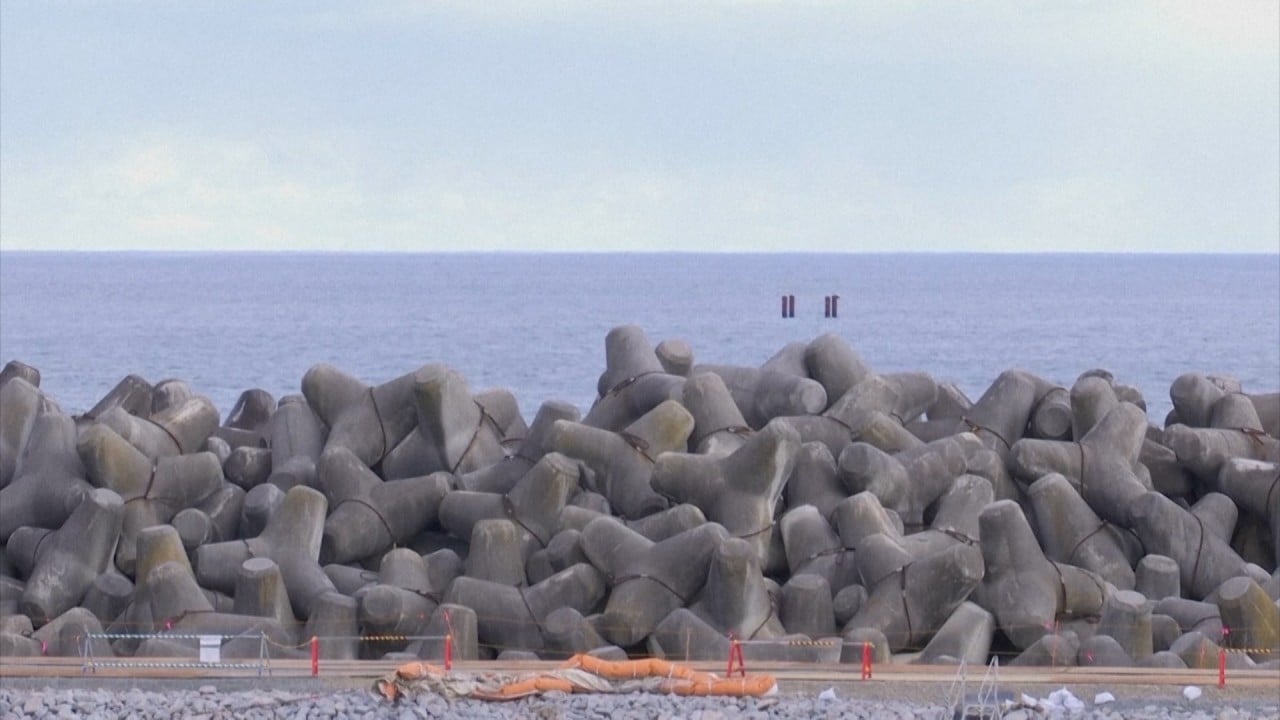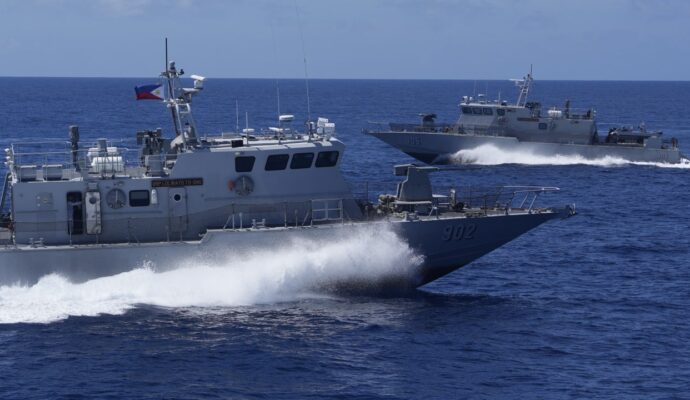The move was a surprise for the project’s scientists, since floating nuclear power reactors are generally regarded as safer than those on land.
According to Wang’s team, the floating power plants would be more acceptable for governments and the general public since they would be located at sea with less impact than land-based facilities.
The ocean acts as a natural heat sink, which helps cool the reactor core and makes it inherently safer
They are also less vulnerable to earthquakes because seismic waves do not travel well through water.
“The ocean acts as a natural heat sink, which helps cool the reactor core and makes it inherently safer. In extreme accident scenarios, seawater can be piped in for an emergency coolant to prevent a core meltdown and ensure reactor safety,” they said in the paper.
The team said that the reactor and floating platform that supports it were “already quite technologically mature”.
China is among the world leaders in nuclear power development, with various types of reactors including pressurised water reactors, heavy water reactors, and gas-cooled reactors either in operation or under development.
The industrial unit responsible for developing reactors for floating plants had invested more than 10 years of research, the team said.
China also has advanced ship design capabilities, as well as domestic design and manufacturing units capable of building such floating platforms, they said.
It had been hoped that a floating nuclear power plant would provide a reliable source of power to support military and civilian activities on remote islands in the South China Sea, according to previous reports in state media.
China has built military installations on several disputed islands in the region, including the Spratly and Paracel islands. The facilities, which include radar systems, communications equipment and other electronics, require a significant amount of electricity.
A floating nuclear power plant could also be deployed relatively quickly and easily compared to a traditional land-based power plant constructed on an island. It is particularly important in a region where distance or political tensions can hinder access to fuel.
But the presence of a nuclear reactor could also increase tensions between countries and raise the risk of accidents or incidents with serious environmental or geopolitical consequences.
One of the major safety concerns is that floating nuclear power plants could face security threats not only from sea and air, but also from underwater attacks, according to Wang’s team.
An enemy submarine, for example, could attempt to sabotage the facility by planting explosives on its hull or damaging its cooling systems. Unmanned aerial vehicles could also fly over the plant and drop bombs or other projectiles on it.
Protecting a floating nuclear power plant from “underwater divers, vessels, floating objects or airborne objects”, would require a comprehensive ship security system, the engineers said.



